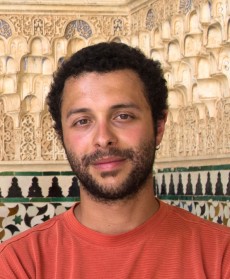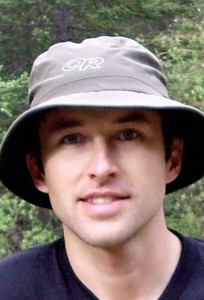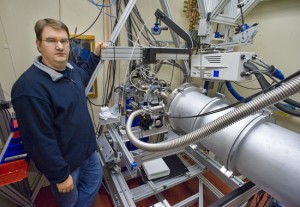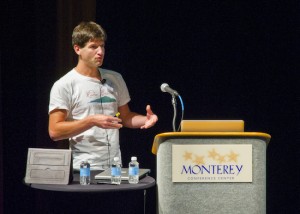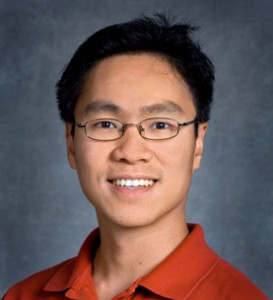In the fourth year of the Early Career Research Program managed by the U.S. Department of Energy’s Office of Science, five researchers at Lawrence Berkeley National Laboratory (Berkeley Lab) were on the list of 61 recipients announced this week.
The 61 scientists from across the nation will receive up to $15.3 million in funding for research. The effort is designed to bolster the nation’s scientific workforce by providing support to exceptional researchers during the crucial early career years, when many scientists do their most formative work.
This year’s Berkeley Lab winners:
Aydin Buluç of the Computational Research Division will explore methods to increase the energy efficiency of parallel algorithms and data-mining tasks. He will develop a new family of algorithms to drastically reduce the energy footprint and running time of graph and sparse matrix computations that form the basis of various data-mining techniques. He received his award for “Energy‐Efficient Parallel Graph and Data Mining Algorithms.”
Daniel Haxton, who hails from the Chemical Sciences Division, is a member of the Atomic, Molecular, and Optical Theory Group. Haxton received his award for “The Multiconfiguration Time‐dependent Hartree Fock (MCTDHF) Method for Interactions of Molecules with Strong Ultrafast High‐Energy Laser Pulses.”
Alexander Hexemer, Beamline Scientist at the Advanced Light Source (ALS), received the award for his “High Performance Toolkit for Photon Science” proposal. The “toolkit” is designed to accelerate the rate of scientific discovery by enhancing the rate at which the enormous amount of data, generated at light sources like the ALS, can be analyzed.
Dominique Loque of the Physical Biosciences Division received his award for “Developing Synthetic Biology Tools to Engineer Plant Root System and Improve Biomass Yield and Carbon Sequestration.” Loque, who directs the cell wall engineering program for the Feedstocks Division of the Joint BioEnergy Institute (JBEI), has been using the tools of synthetic biology to reduce the recalcitrance and boost the polysaccharide content of plant cells walls without impacting plant development. This is part of the major DOE effort to speed the commercialization of advanced biofuels.
George Pau is a computational scientist in the Hydrogeology Department of the Earth Sciences Division. He received his award for “A Multiscale Reduced-Order Method for Integrated Earth System Modeling.” Pau is working on high-performance computing, model reduction and optimization algorithms relevant to earth sciences. He is involved in several DOE projects, including Advanced Simulation Capabilities for Environmental Management and National Risk Assessment Partnership.
